SUMMARY
This is AI generated summarization, which may have errors. For context, always refer to the full article.
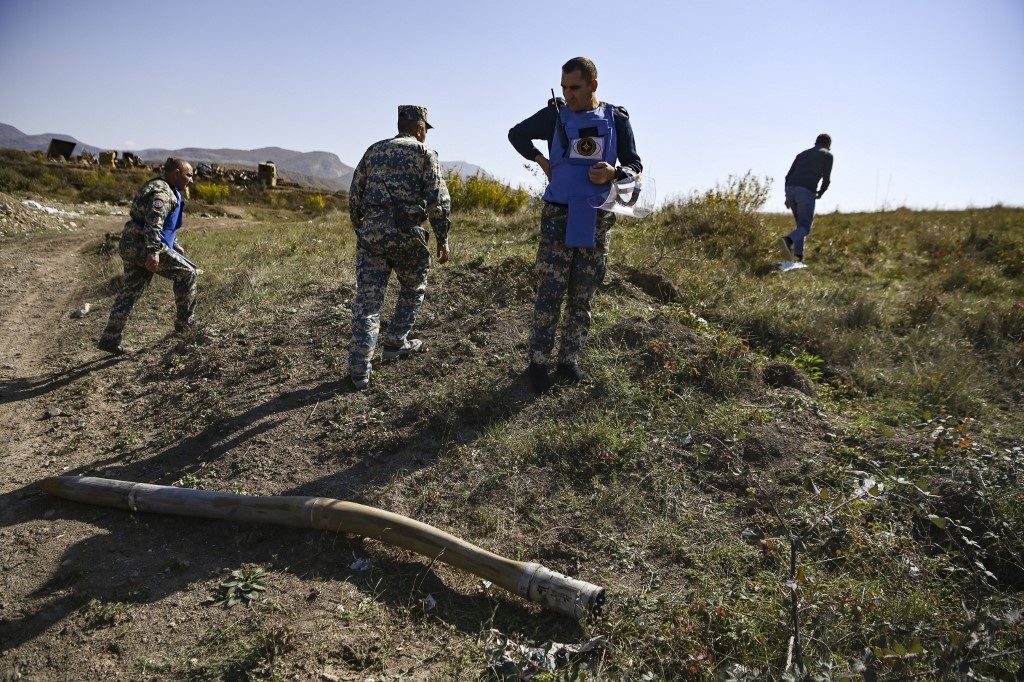
Armenian and Azerbaijani forces engaged in new fighting on Tuesday, October 13, over the Nagorno-Karabakh region despite pleas to observe a ceasefire, as the Red Cross warned hundreds of thousands were already affected by the conflict.
More than two weeks of fighting between the Caucasus rivals has left almost 600 dead, including 73 civilians, according to a tally based on partial tolls from both sides.
The Nagorno-Karabakh region of Azerbaijan, overwhelmingly populated by Armenians, has been controlled by Armenians since a 1990s war that erupted as the Soviet Union fell.
But Azerbaijan has never hidden its desire to win back control and no state has ever recognized Nagorno-Karabakh’s declaration of independence.
The fighting has been the most intense since a 1994 ceasefire ended the initial post-Soviet war. Even a humanitarian truce to allow exchanges of prisoners and dead has been too much to implement.
“Civilians are dying or suffering life-changing injuries,” said International Committee of the Red Cross Eurasia regional director Martin Schuepp in a statement.
“Homes, businesses and once-busy streets are being reduced to rubble.”
He said hundreds of thousands of people across the region were affected, with healthcare services coming under strain and even attacked in some cases.
Heavy shelling
The Nagorno-Karabakh separatist authorities accused Azerbaijan of launching an offensive in the south, north and northeast of the region.
Baku accused Armenians of launching strikes on the districts of Goranboy, Terter and Agdam – Azerbaijani territory outside Nagorno-Karabakh.
An Agence France-Presse (AFP) correspondent in Terter close to the front line reported hearing heavy shelling nearby and seeing a rocket launcher drive by as Azerbaijani forces sought to fire up into the mountains.
The daily fighting has made a mockery of the ceasefire agreed between the Armenian and Azerbaijani foreign ministers in the early hours of Saturday, October 10, in Moscow after 11 hours of talks.
Russian Foreign Minister Sergei Lavrov on Monday, October 12, acknowledged that the ceasefire was not holding and urged both sides to stop fighting.
The European Union and Iran have also called on the parties to properly observe the ceasefire.
The search for a long-term solution to the conflict, one of the most enduring headaches left after the fall of the Soviet Union, is in the hands of the Minsk Group of regional powers chaired by France, Russia and the US.
But both sides are heavily entrenched in their views and 3 decades of diplomacy has brought little progress.
Gela Vasadze, an analyst with Tbilisi-based think tank the Georgian Strategic Analysis Center, said the current conflict was doing nothing to end the stalemate.
“What is clear is that Azerbaijan did achieve some military success, but not anything dramatic. We can’t say Baku is close to taking control of Karabakh,” he told AFP.
High Syrian toll
Concerns remain over the role of Turkey, which has strongly backed Azerbaijan and has been widely accused of dispatching pro-Ankara Syrian militia to assist Baku.
According to the Britain-based Syrian Observatory for Human Rights, 1,450 such fighters have gone to Azerbaijan including 250 in the last week alone.
The observatory said 119 of them had died, of whom 78 had been repatriated to Syria.
Armenia is part of a regional Russia-led security group but Moscow has so far refused to become implicated in the conflict.
Yet analysts say Turkey’s involvement will put further strain on the alliance between President Vladimir Putin and Turkish counterpart Recep Tayyip Erdogan.
Iran, which has borders with both Armenia and Azerbaijan and has expressed alarm over the fighting, said a drone crashed near its border with Azerbaijan and investigations were trying to find out its origin.
Iran’s arch-enemy Israel has supplied drones to Azerbaijan and Baku’s ally Turkey is now also a major producer. Armenia, meanwhile, has home-produced drones. – Rappler.com
Add a comment
How does this make you feel?
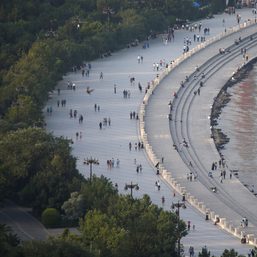
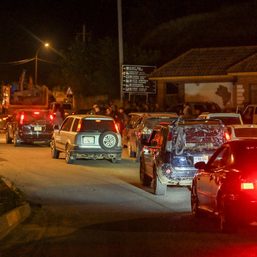
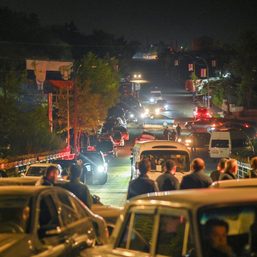
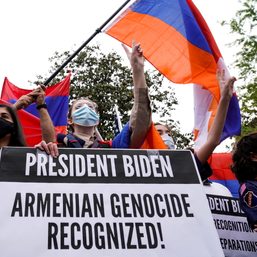
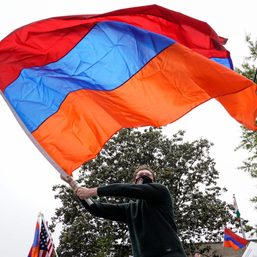
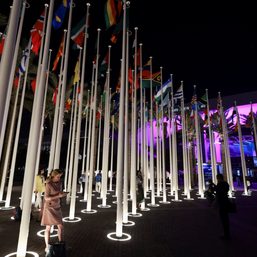
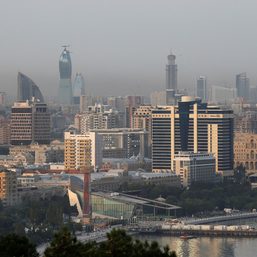
There are no comments yet. Add your comment to start the conversation.